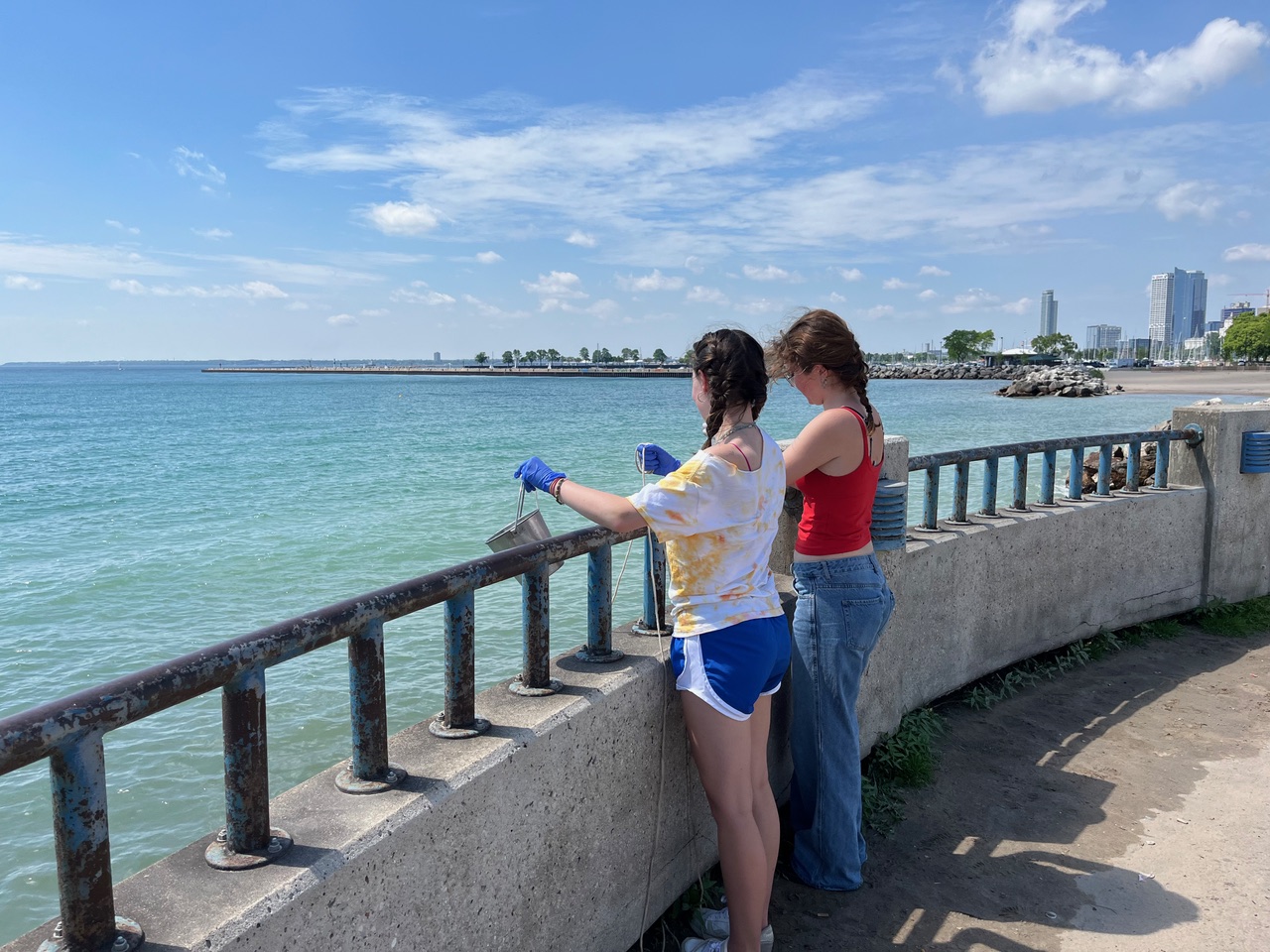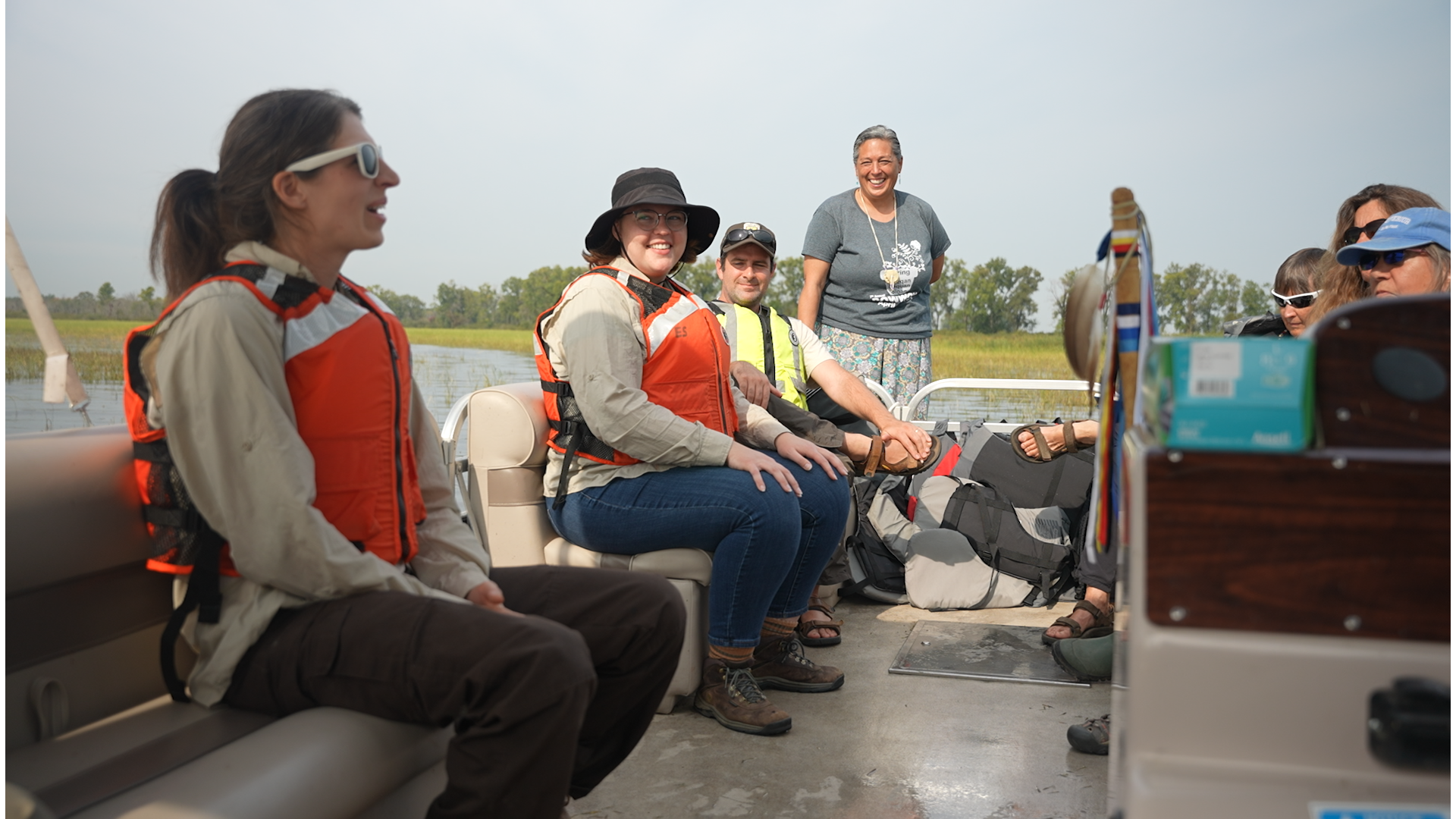In 2010, Sue Zanne Tan received the Carl J. Weston Memorial Scholarship, an annual award given to promising undergraduate students working on Aquatic Sciences Center-supported projects. Now, five years later, her scientific exploration continues at the Massachusetts Institute of Technology in Cambridge, Mass.
“I am now a third-year grad student…it’s crazy how time flies.” Tan graduated from UW-Madison in 2011 with a B.S. in Chemical and Biological Engineering, and now she’s a Chemical Engineering Ph.D. candidate. “In our lab, we research synthetic biology and metabolic engineering. We’re trying to use microorganisms as a renewable source to make all these chemicals, from biofuel compounds to fragrances. My project in particular involves figuring out tools to improve the production of value-added chemicals by engineering the cell itself, manipulating its central metabolism.” By tweaking natural processes within microbes, her research field offers an alternative and potentially sustainable way to make useful chemicals for pharmaceuticals, fuels and more.
Tan began to merge her longtime interest in biology with a concern for environmental sustainability while a student at UW-Madison. As an undergraduate, she worked for three years as a research assistant on campus at the Water Science and Engineering Laboratory. The main project she supported studied mercury-methylation in water samples from around Wisconsin. “I was very fortunate to work with Joel Creswell, who would take me and a few other students on sampling trips a few hours up north. It’s a very cool experience to be a part of the sampling and the research, and not just all of the analytics that come afterward in the lab.” One of these sampling trips led her below the surface of Lake Mendota. She was scuba-certified, so Creswell invited her to dive with the group and collect samples from the lake.
From all these exciting, hands-on opportunities, Tan said she found the basics of scientific research to be most useful. “I think that I developed a lot of fundamental analytical skills and just learned how to do science.” These skills are helping her tackle MIT’s intense graduate research environment, characterized by a constant ebb and flow of new obstacles and exciting successes.
Though Tan has moved on to a new realm, there are some pieces of Wisconsin she has brought with her to Boston. “I miss the cheese curds a lot. I can’t find them here at all, in any form. Fried or non-fried, I can’t find them anywhere.” She also still embraces the bitter winters – her fellow lab mate Kate Tarasova said you can often find Sue Zanne out in the cold, training for her third marathon in the spring.
You can read more about Tan’s research by visiting the MIT Prather Lab webpage.





